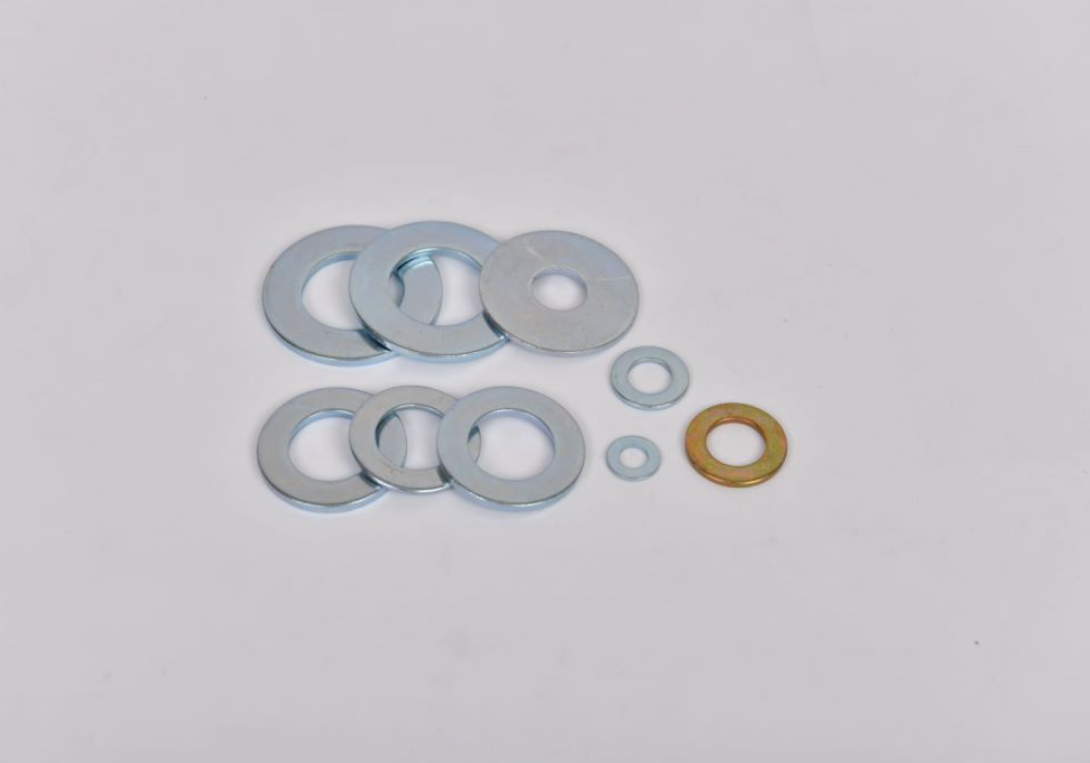Optimal Screw Length Recommendations for 5/8 Inch Drywall Installation and Exportation Needs
Understanding Screw Length for 5/8 Drywall A Guide for Exporters
When it comes to drywall installation, choosing the right screws is crucial for ensuring a durable and stable finish. For exporters dealing with 5/8 drywall, understanding the specifics of screw length, type, and characteristics can greatly enhance product offerings and customer satisfaction. This article aims to provide a comprehensive overview of screw length considerations for 5/8 drywall and its relevance in the export market.
The Importance of Screw Length
Screws are essential for securing drywall panels to framing structures like wood or metal studs. For 5/8 drywall, which is thicker than the standard 1/2 panel, the screw length plays a pivotal role in providing a solid hold. The general rule of thumb for screw length is that the screw should penetrate into the framing material sufficiently to ensure a secure attachment without protruding through the other side.
For 5/8 drywall, the recommended screw length is typically 1-1/4 to 1-1/2. This length allows the screw to penetrate the drywall and secure itself into the stud, securing the panel firmly in place. A screw that is too short may result in inadequate holding power, while a screw that is too long could damage the substrate or lead to an uneven surface.
Types of Screws for Drywall
In the market, there are several types of screws specifically designed for drywall applications. The most common options include coarse-thread and fine-thread screws. Coarse-thread screws are suitable for wood studs, as they provide a better grip in softer materials. On the other hand, fine-thread screws are designed for use with metal studs, ensuring a strong hold without stripping the threads.
screw length for 5/8 drywall exporters

Exporters should be aware of these distinctions when selecting screws for drywall applications, as the choice of screw can vary depending on the construction materials used in various regions. Additionally, screws should be galvanized or coated to prevent rust, especially in environments with high humidity, further enhancing their durability.
Considerations for Exporters
For exporters, the understanding of screw length and type is vital not just for product differentiation but also for compliance with international building standards. Different countries may have specific regulations regarding building materials, including those related to drywall. Familiarity with these standards can help exporters tailor their products to meet diverse market needs.
Furthermore, packaging and labeling of screws is an important aspect of exporting. Clear specifications on the package regarding screw length, type, and suitable applications can aid contractors and builders in making informed purchasing decisions. It is also beneficial to include information about compatibility with different drywall thicknesses, including recommendations for 1/2 or 5/8 panels.
Conclusion
Choosing the right screw length for 5/8 drywall is a fundamental aspect of quality drywall installation. For exporters, having a deep understanding of screw types, lengths, and their applications ensures that they can provide the right products tailored to their markets’ needs. By paying close attention to product specifications and international standards, exporters can differentiate themselves in the competitive construction market, providing builders with the confidence they need in the materials they use. Investing in high-quality drywall screws not only enhances the structural integrity of installations but also contributes to the overall success of drywall projects across various regions. This knowledge equips exporters with the tools necessary to thrive in a global market where quality and reliability are paramount.
-
Top Choices for Plasterboard FixingNewsDec.26,2024
-
The Versatility of Specialty WashersNewsDec.26,2024
-
Secure Your ProjectsNewsDec.26,2024
-
Essential Screws for Chipboard Flooring ProjectsNewsDec.26,2024
-
Choosing the Right Drywall ScrewsNewsDec.26,2024
-
Black Phosphate Screws for Superior PerformanceNewsDec.26,2024
-
The Versatile Choice of Nylon Flat Washers for Your NeedsNewsDec.18,2024










